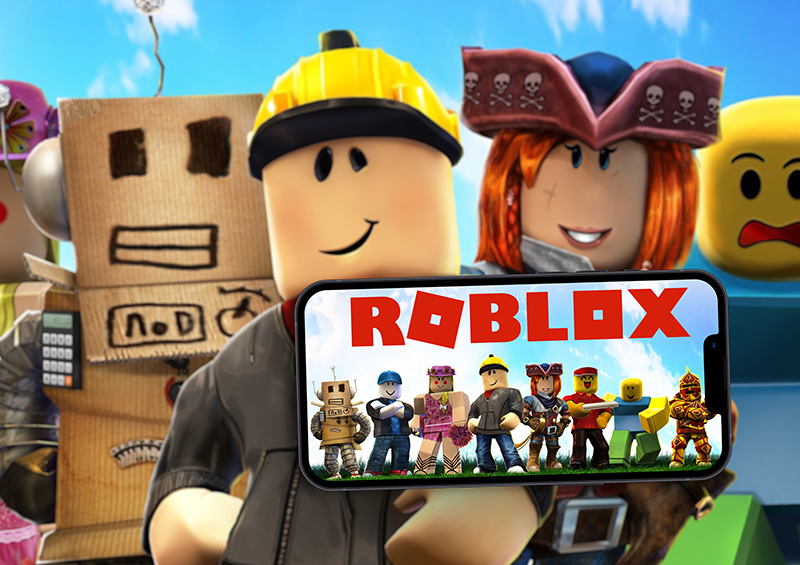Minnesota Bans Book Bans
Governor Tim Walz signed a law that prohibits library books from being censored solely due to disagreement with their content.

Minnesota Gov. Tim Walz signed an education bill prohibiting public libraries from restricting access to any book based “solely on its viewpoint or the messages, ideas or opinions it conveys.”
The law, which covers a host of education-related topics, mandates library collections be managed by “a licensed library media specialist, an individual with a master’s degree in library sciences or library and information sciences, or a professional librarian or person with extensive library collection management experience.”
It requires school boards and governing bodies to adopt consistent policies creating procedures for challenging and removing books from schools, and prohibits them from censoring materials based solely on their personal beliefs or ideology.
Public bodies are barred from discriminating against or disciplining library professionals based solely on their decisions pertaining to the management of a book collection. Librarians may, however, choose to decline to purchase, lend, or shelve books as part of their regular duties.
Parents and adults responsible for children are still allowed to challenge books — or their placement within the library — based on their belief that a book’s content is age-inappropriate.
“Censorship has no place in our libraries,” Walz, a Democrat, wrote on X. “As a former teacher, I’m clear: We need to remember our history, not erase it. Today, I signed a bill into law putting an end to book bans based on ideology in Minnesota.”
Censorship has no place in our libraries. As a former teacher, I’m clear: We need to remember our history, not erase it.
Today, I signed a bill into law putting an end to book bans based on ideology in Minnesota.— Governor Tim Walz (@GovTimWalz) May 17, 2024
The prohibition on book bans comes as a host of states have adopted bans on curriculum content, placed restrictions on what library books can be checked out, and empowered citizens, regardless of whether they are parents, to challenge the availability of books touching on race, racism, and LGBTQ-related topics.
Iowa lawmakers even introduced a bill that would criminalize librarians or book lenders who allow minors to check out or purchase books with “obscene” content.
Backers of such restrictions argue that they’re not trying to ban any books, but want to protect minors from being exposed to sexually explicit material or content that is too mature.
Many of those proponents argue that any LGBTQ content — regardless of age or grade level, even if it is not sexually explicit — is tantamount to “pornography.” They argue that the presence of books with LGBTQ content is an attempt to indoctrinate children into accepting homosexuality as “normal,” in conflict with their religious beliefs, or into identifying as LGBTQ.
Nearly every state has experienced an increase in challenges to books in various schools and public libraries.
According to the free speech advocacy group PEN America, there were at least 4,349 instances of books being banned from schools or removed from library shelves in at least 23 states during the first half of the 2023-2024 school year.
The number far surpasses previous years’ records for the total number of challenges.
PEN America noted that proponents of book bans or challenges have employed hyperbolic rhetoric about “porn in schools” to justify banning books that deal with sexual violence or LGBTQ-related topics, including transgender identity. In doing so, they have disproportionately targeted books by women and nonbinary authors.
Others have flagged books talking about racial or cultural identities, racism, or discrimination by decrying them as promoting so-called “critical race theory” or “woke ideology.”
Last September, in Carver County, Minnesota, a resident requested the removal of the book Gender Queer, a graphic novel based on author Maia Kobabe’s journey from adolescence to adulthood, and their eventual acceptance of their nonbinary identity, from the shelves of the public library.
Gender Queer was the No. 1 most challenged book in the country during the 2021-2022 school year, according to PEN America. It has been removed from library shelves in various schools throughout the country, often being attacked as sexually explicit due to some of the visual depictions or passages about sex contained in the memoir.
One Massachusetts police force even raided a local middle school to search for a copy of the book that was allegedly being circulated after receiving a complaint that school officials were distributing “pornography.”
Police never found a copy of the book inside the school.
After the complaint was filed, the county’s public library board ultimately voted to keep Gender Queer as part of its collection, according to NBC affiliate KARE. Contrary to disinformation that has circulated online, the book is housed in the library’s adult nonfiction section, not in the children’s section.
Support Metro Weekly’s Journalism
These are challenging times for news organizations. And yet it’s crucial we stay active and provide vital resources and information to both our local readers and the world. So won’t you please take a moment and consider supporting Metro Weekly with a membership? For as little as $5 a month, you can help ensure Metro Weekly magazine and MetroWeekly.com remain free, viable resources as we provide the best, most diverse, culturally-resonant LGBTQ coverage in both the D.C. region and around the world. Memberships come with exclusive perks and discounts, your own personal digital delivery of each week’s magazine (and an archive), access to our Member's Lounge when it launches this fall, and exclusive members-only items like Metro Weekly Membership Mugs and Tote Bags! Check out all our membership levels here and please join us today!




























You must be logged in to post a comment.